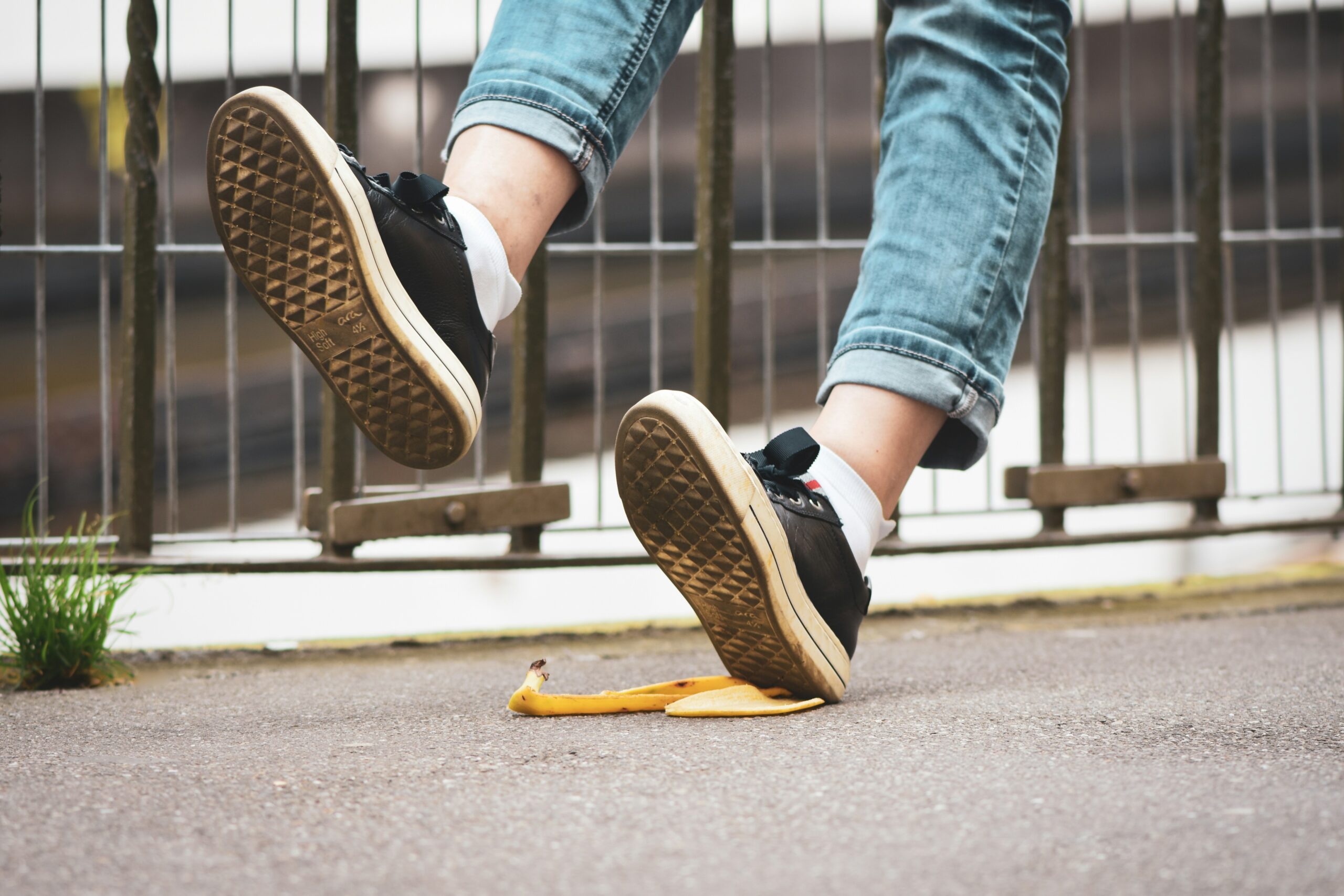 Is self-awareness a useful teaching tool? By being more mindful can were learn new skills or habits through awareness?
Is self-awareness a useful teaching tool? By being more mindful can were learn new skills or habits through awareness?
It may sound simple but I say we can. In fact, I believe that learning through awareness is one of the most powerful tools we can use to change behaviour and develop new habits.
The Issue: A Lack of Awareness
Virtual organizing has underlined for the organizing industry the importance of recognizing unconscious behaviour in our clients. We all develop habits – subconscious behaviours that we regularly repeat based on the same stimuli. Often, we don’t even realize we do them. Drivers sometimes report driving home and not even remembering the drive because they were preoccupied other thoughts. Meanwhile, their subconscious brain made all the decisions necessary to drive to home while their conscious thoughts were preoccupied.
When the subconscious brain is engaged, we often aren’t even noticing what we are doing. When was the last time you thought about tying a shoe lace, taking a shower or brushing. your teeth. Our dentists might like us all to be more aware during that latter exercise to be more thorough. Many people say they do their best thinking in the shower. Why not? For most adults the shower process is habitual, something the subconscious mind takes care of. That leaves the conscious mind to tackle the next scheduling or budgeting challenge in your day.
But what about when those habits are not helpful and we don’t realize the habit exists or the impact of our behaviour. This is where a professional organizer and productivity coach, becomes the detective. I pull out my figurative magnifying glass and look for subconscious behaviour that undermines goal completion, leaves clutter on horizontal surfaces and results in procrastination.
The Challenge: It’s Subconscious
TT, a client who recently engaged my assistance for a move, previously lived in a very small, junior 1 bedroom apartment. I helped her move to a more spacious unit where she could set up her small business office in a corner of the living room. In the previous unit, TT would have to stand up with her laptop, cross the room, balance the computer on a bookshelf, connect the cable to the printer and hit the return key to print an item. The unit was just too small to have the printer closer to the computer. In the new unit the printer cable and printer were right beside TT’s right arm. What happened the first time TT went to print an item? She found herself picking up the computer and walking to the other side of the room. Her subconscious brain still working on the assumption the printer was across the room.
When I pointed out to TT what she had done, we both had a good chuckle and then got to work using the principles of neuroplasticity to lay down a new neuropathway. The new pathway was that TT would turn to the right, pick up the printer cable, plug it into her laptop and print whatever was required.
The Solution: Develop Awareness
TT’s awareness of her habit allowed her to develop a new habit.
When one becomes aware, they can change their behaviour. This is where the learning through awareness comes in. With a conscious effort to be more mindful, one can become aware of any habit that is undermining goal achievement. I call these tripping habits. We can learn to change those tripping habits when we are aware that we are doing them.
The How: Become Mindful
How can you learn to change your tripping habits through awareness? By becoming more mindful. Do some research on your own behaviour simply by consciously noticing what you are doing.
For example, if you are constantly loosing your car keys and delayed each morning trying to find them, become mindful, and more aware, of what you do with your keys when you walk in the door each day. Do you drop them in a coat? In a purse? On a horizontal surface? Maybe your hands are often full so you subconsciously drop them anywhere to free up your hands. Once you know what you are doing, you can retrain your brain to subconsciously do something else with the keys (like drop them in a bowl or on a hook) so that they are always present.
Use an experimental approach; don’t be too attached to the outcome simply notice what you are doing. Once you know what the unconscious behaviour is, you have the power to change it for one that gives you behaviour you do want.
Awareness is a simple, inexpensive tool that we all possess that can help us learn. It can show us why we are chronically late, always early or habitually loosing our keys. And because it shows us our own behaviour, which we have the power to change, it can be a powerful learning tool.



 Habits can sometimes be very helpful. Other times they trip us up and get in the way of accomplishing our goals. In the Mindfully, I AM Evolving coaching program I support clients to recognized both and learn how to use, or modify them.
Habits can sometimes be very helpful. Other times they trip us up and get in the way of accomplishing our goals. In the Mindfully, I AM Evolving coaching program I support clients to recognized both and learn how to use, or modify them.

